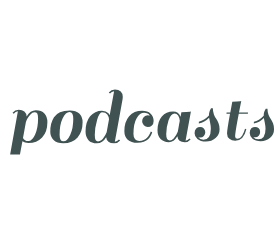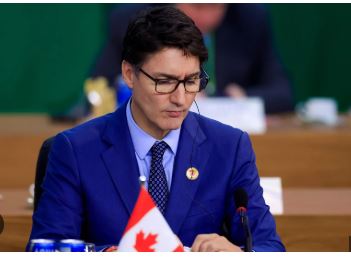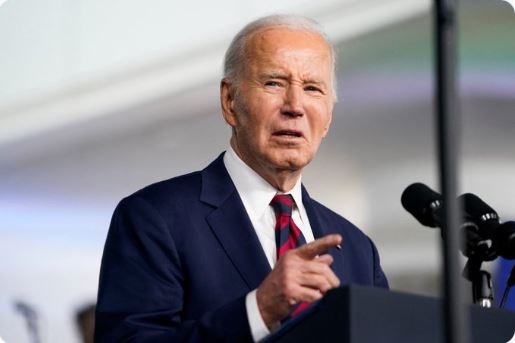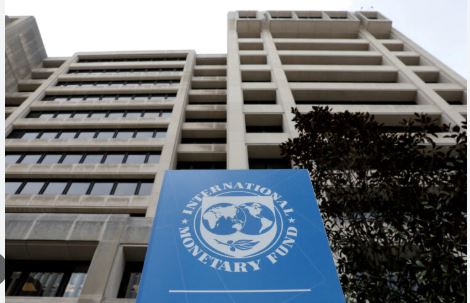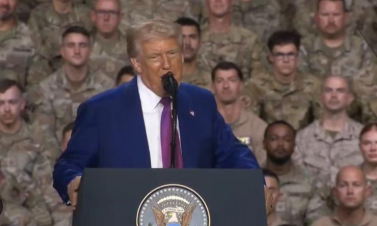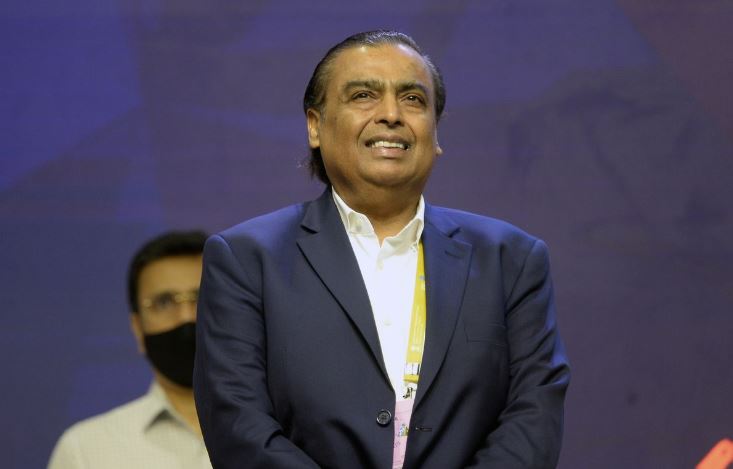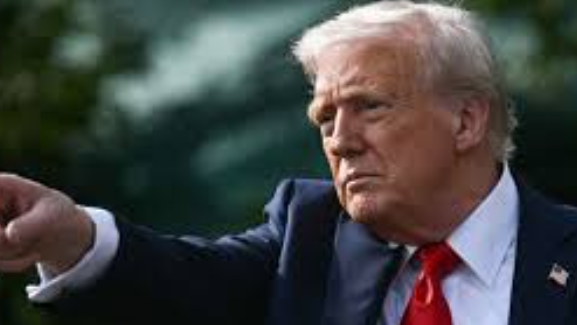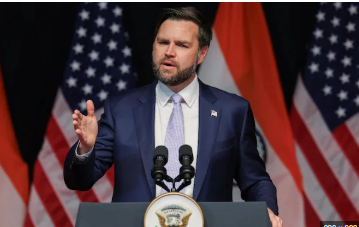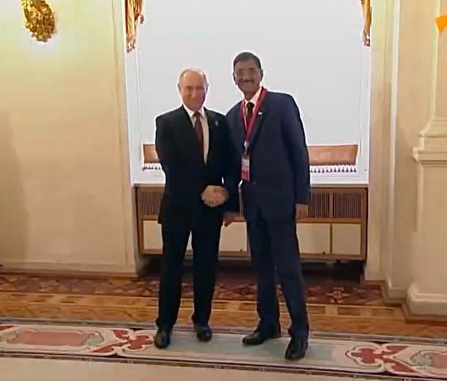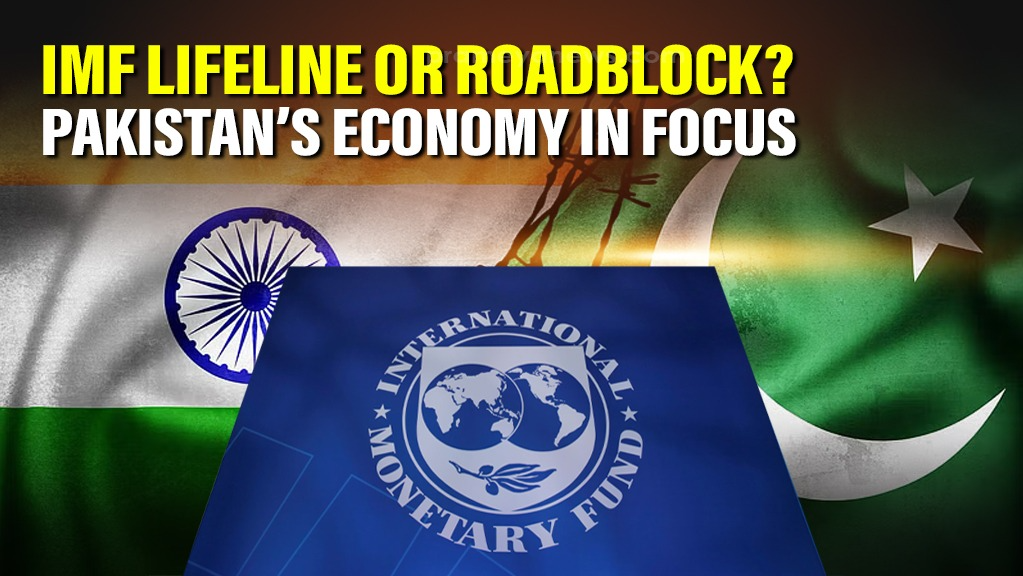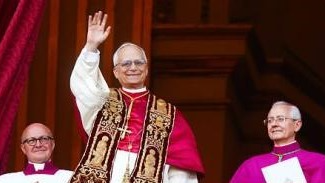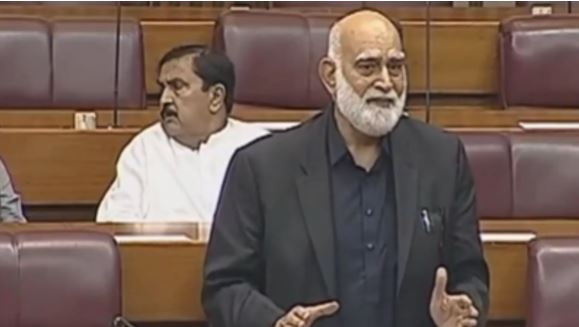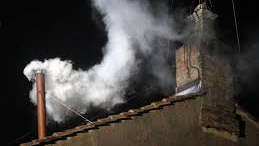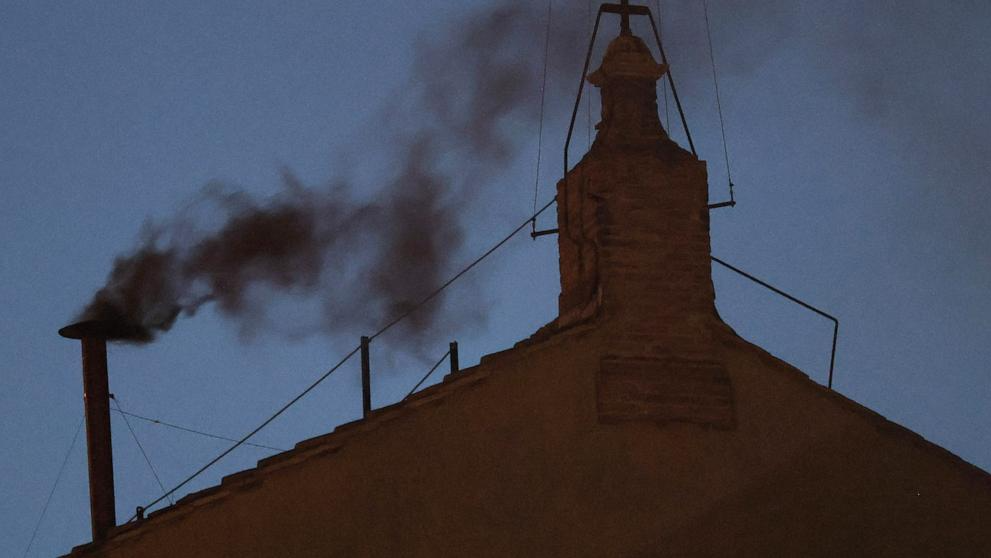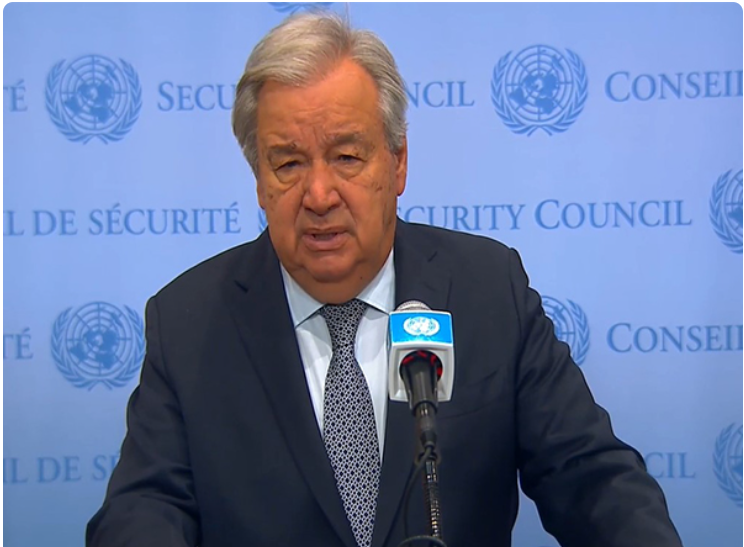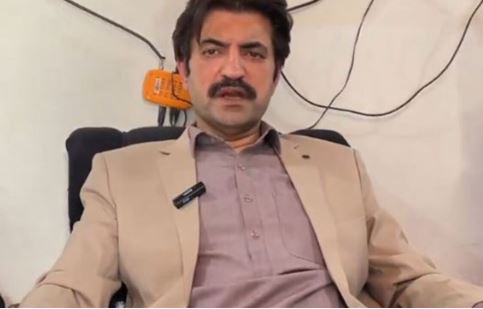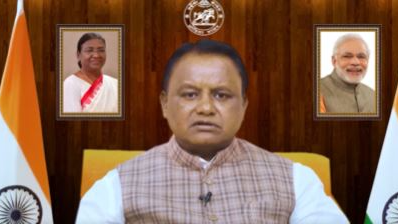Ottawa, Canada, January 6: Justin Trudeau has announced his resignation as the leader of the Liberal Party of Canada, bringing an end to his nine-year tenure as the country’s Prime Minister. The decision follows growing discontent within his party and declining public support.
Speaking at a press conference outside his residence at Rideau Cottage in Ottawa, Mr. Trudeau stated, “I have informed my party and the Governor that I intend to resign as leader of the party as well as Prime Minister of Canada and will do so as soon as my successor is appointed.”
To facilitate the leadership transition, he further announced the prorogation of Parliament until March 24. “This will allow the process of selecting a new leader to guide the party and the country until the elections scheduled later this year,” he added.
Under Canadian law, the ruling party has up to 90 days to appoint a new leader following the resignation of its incumbent. While Mr. Trudeau is expected to serve as interim Prime Minister during the transition, the timeline for appointing a successor could range from a few days to several months.
Trudeau’s resignation comes at a critical juncture, with recent opinion polls indicating a significant surge in support for the opposition Conservative Party. Canada is set to hold federal elections later this year, with a new government required to be in place by October 20.
His tenure has been marked by controversies and challenges, both domestically and on the global stage. Critics argue that his leadership has adversely affected Canada’s political stability and geopolitical standing.



